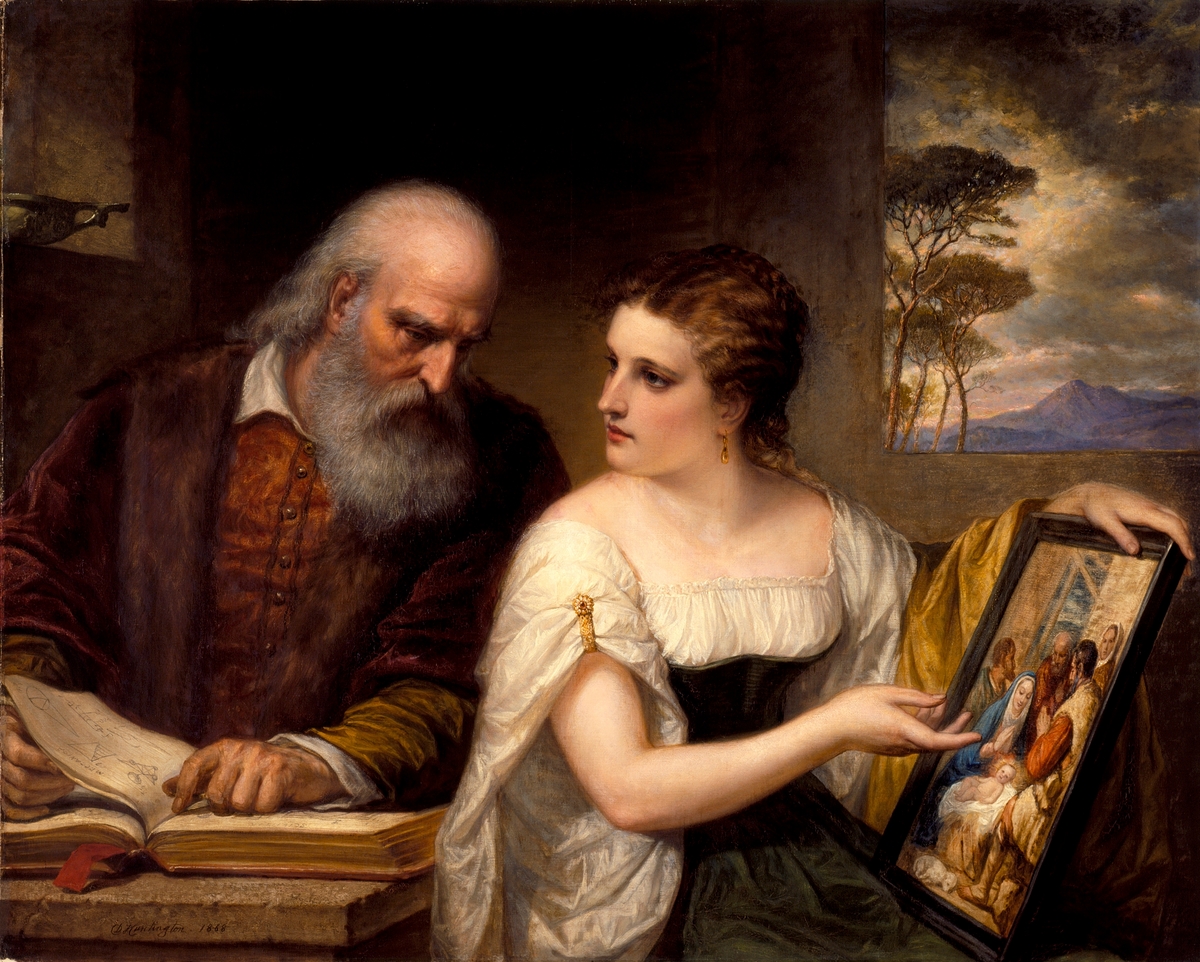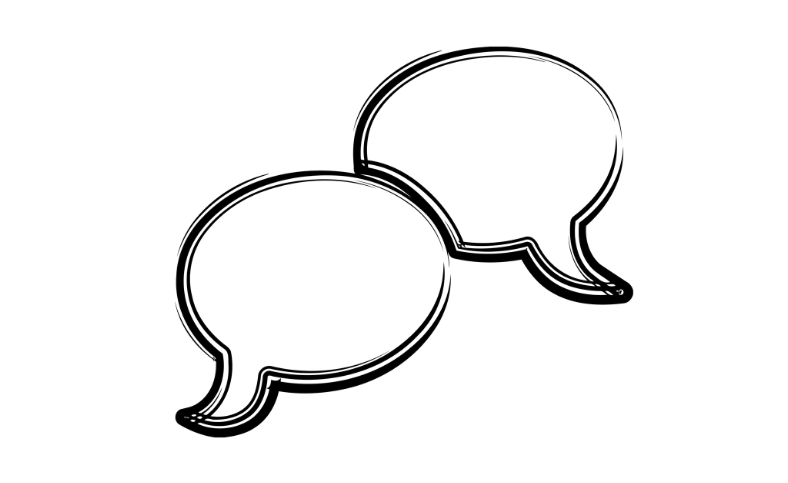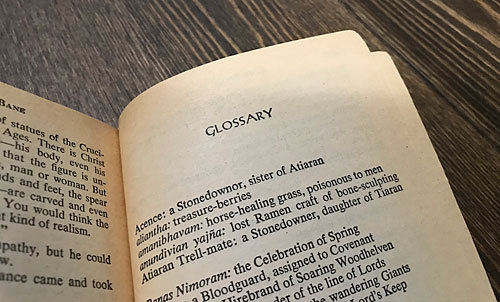Giving Design Feedback
Design feedback can be tricky for the inexperienced. Even if you’ve been giving design feedback for years, it can be hard to express the feelings you have about a piece without discouraging your colleagues—or to put into words intuitive or feeling-based critique.










